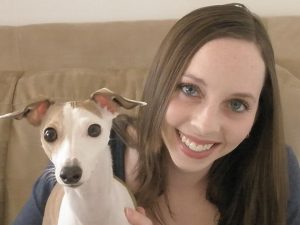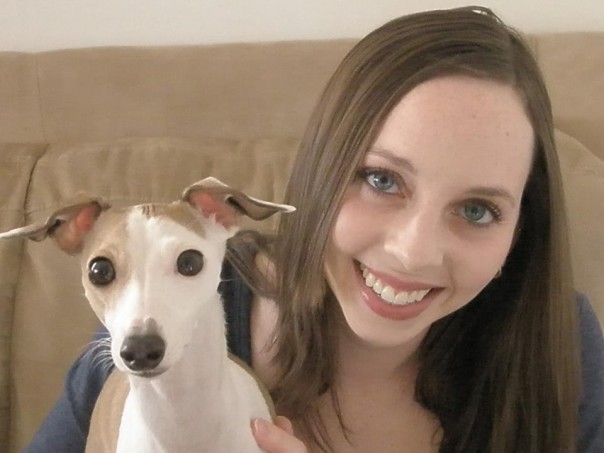

Everyone says that your first job out of school is the most important. It “sets the standard for how you practice throughout your career.” When I was in vet school, I knew exactly what my first job would be.
I would work at a multi-doctor practice owned by one of my excellent mentors. I’d always have another set of eyes to look over radiographs, another set of hands to scrub into surgery if needed, another brain to consult with on difficult cases. I wouldn’t have to be alone.
But that’s not how it worked out.
I graduated from vet school with the brand-new knowledge that my husband and I would be relocating for his fantastic new job. After spending the summer “interning” with a mentor, we moved across the country and I started my job search. Unfortunately, full-time openings are hard to come by in this town.

I started off at a clinic an hour and a half from home, where I was the only doctor most days. The thought of all the “firsts” I hadn’t experienced yet was terrifying and I worried that with every sick pet on the schedule, I’d be in over my head. What if “possible UTI” cat is blocked and I can’t unblock him? What if “lethargic” means “comatose?” Will I do a good job explaining things to clients? Will I prioritize the right diagnostics and treatments? Will I be a good advocate for my patients?
I have a love-hate relationship with good ol’ trial by fire. There’s definitely something to be said for figuring things out on your own. But all the hours of sleep you lose and the days you spend preoccupied, wondering whether another doc would have done something different, whether you missed something, whether you are going to get a frantic, angry phone call from a client… It’s rough. It wears you down.
[tweetthis]I have a love-hate relationship with good ol’ trial by fire.[/tweetthis]
The first patient to die under my care was a middle-aged Chihuahua who presented for a rabies vaccine. One second he was walking with his owners, the next he was barrel-rolling on the ground, seizing. Before I could even grab meds, he went limp and stopped breathing. My staff and I jumped into action but we failed. There’s no way to prepare for the self-criticism and feelings of desperation after something like that. Was the seizure somehow my fault? Why couldn’t we bring him back? How can I console his family when I can’t stop the tears streaming down my face?
After awhile, I was transferred to a clinic much closer to home with the promise of mentorship and no single doctor days for months. But after a few weeks, one of my colleagues needed to take an extended leave of absence. Our three doctor practice became two doctors, and yet again I spend most days as the only doctor present. I thought it’d be easier this time around.
Maybe a little bit. But here I am, still battling insecurities every day. I want to feel like I’m doing a good job. I want to feel like I’m good at something. I want to be competent and confident. Am I? Will I ever be? When will I stop feeling inadequate?
[tweetthis]When will I stop feeling inadequate?[/tweetthis]
I don’t know. And in the world of medicine, there will always be a lot that I don’t know. But I’m going to keep trying really hard to do a good job, to be a great doctor, and to be the veterinarian that my patients and clients need.
I just wish it felt easier.
The views and opinions expressed in this article are those of the author and do not necessarily reflect the position of the DrAndyRoark.com editorial team.
 Heather Lucas, DVM, is a small animal general practitioner from the Midwest currently living in Southern Arizona. She shares her home with her husband, three dogs, and an assortment of pocket pets. Learning countless new things every day and building relationships with clients top the list of her favorite things about the veterinary profession.
Heather Lucas, DVM, is a small animal general practitioner from the Midwest currently living in Southern Arizona. She shares her home with her husband, three dogs, and an assortment of pocket pets. Learning countless new things every day and building relationships with clients top the list of her favorite things about the veterinary profession.
